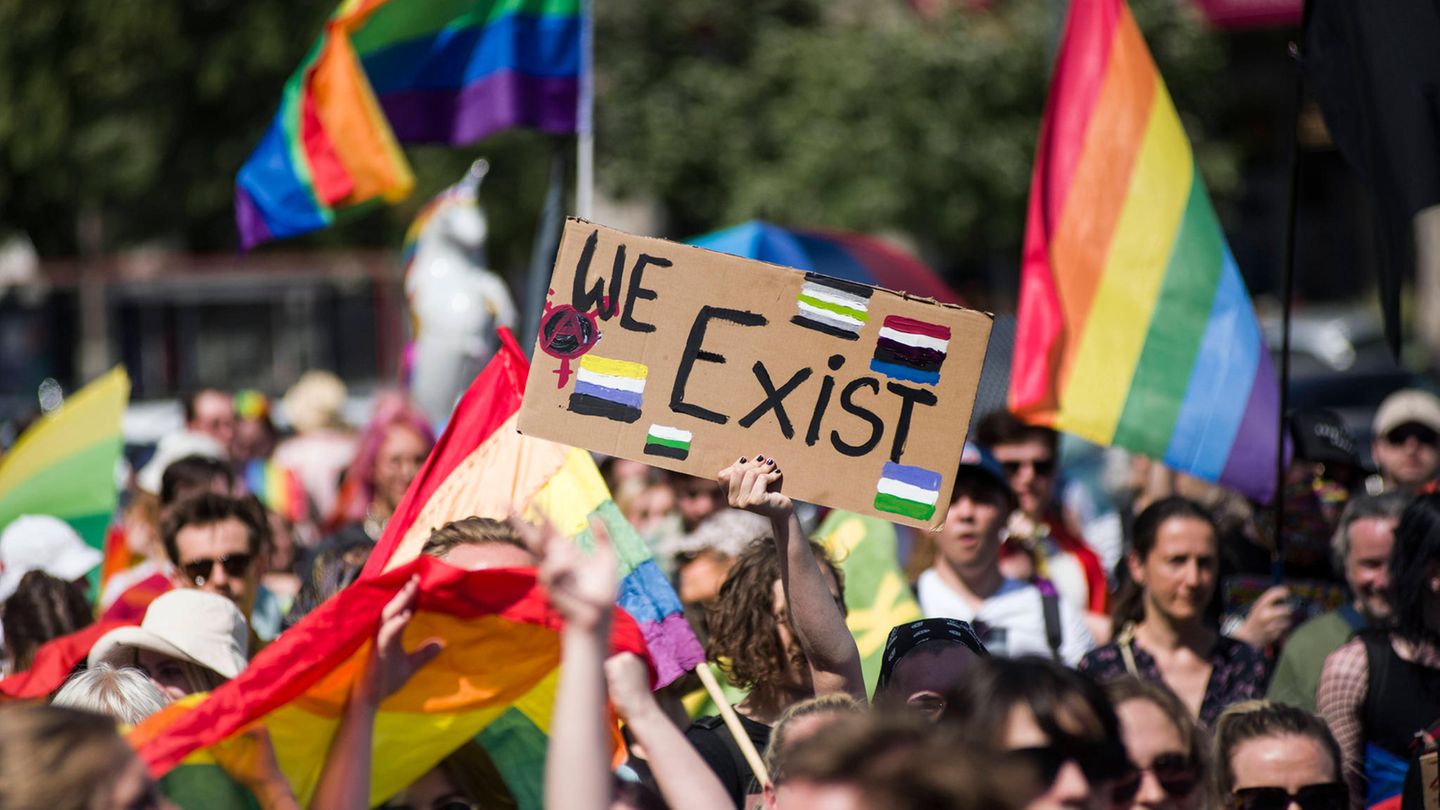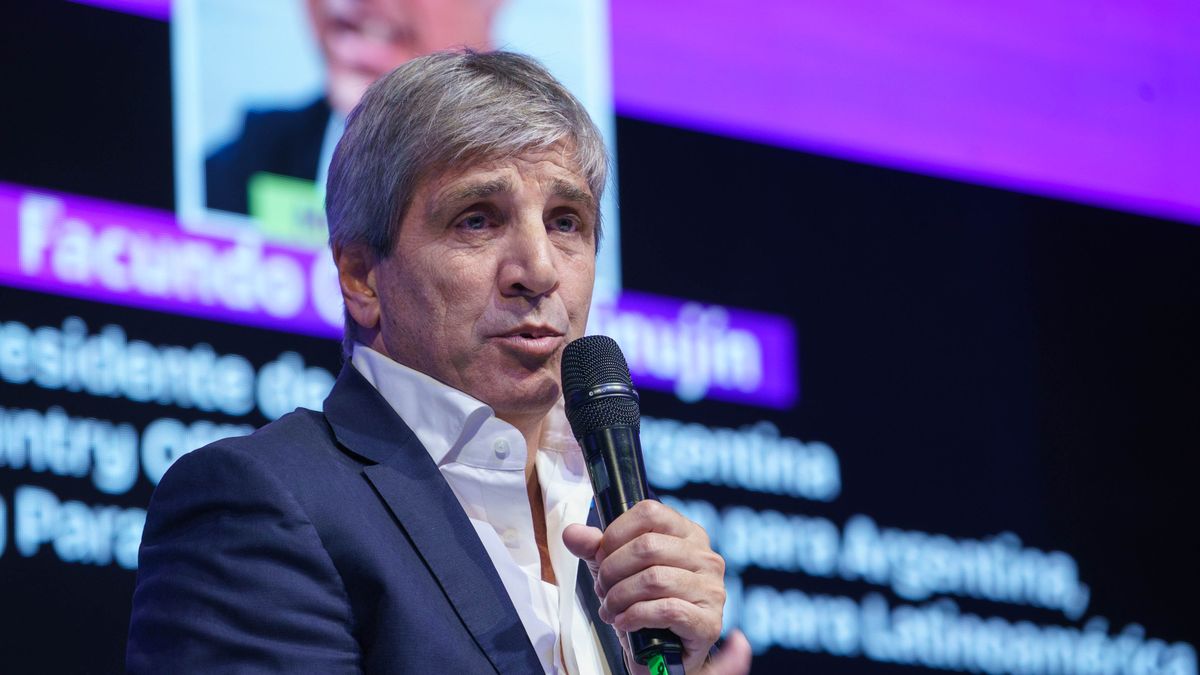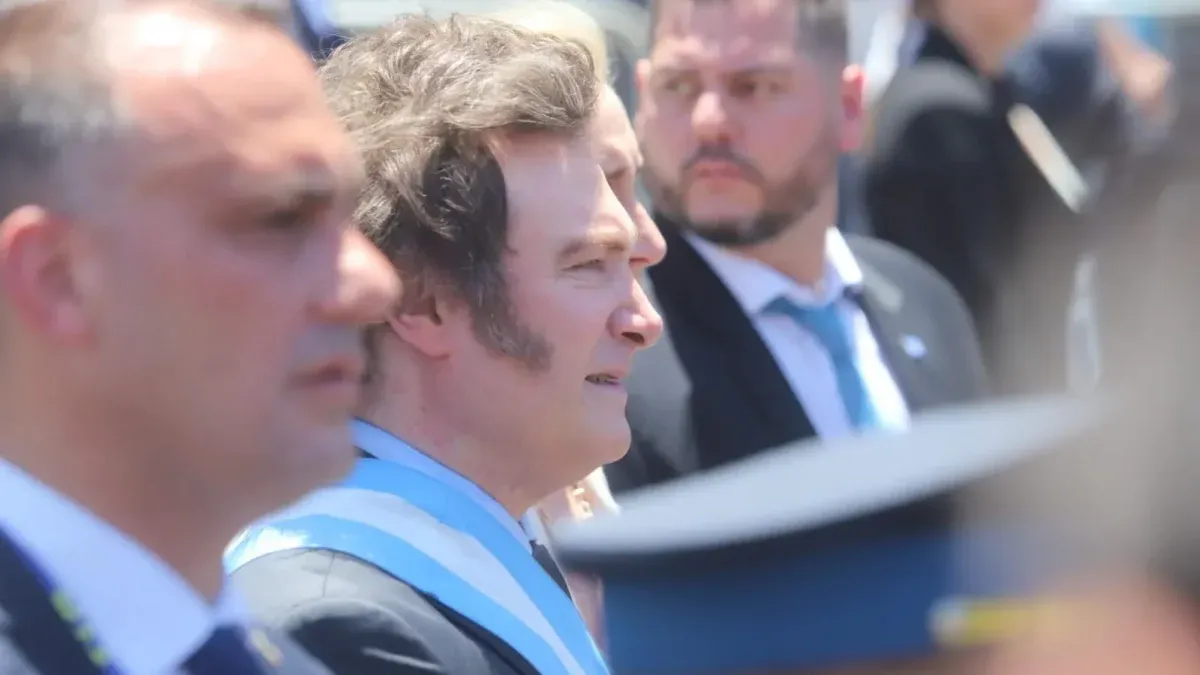Ironically, Russia’s war of aggression could have the side effect of strengthening the rights of queer people in Ukraine. That could also help soldiers at the front.
Ever since Russia invaded Ukraine, hundreds of thousands have been fighting for their conquered country every day. And for her life. Queer people are still discriminated against in Ukraine. But in war many of them stand side by side with their comrades.
They defend their personal freedom. In Russia and Russian-controlled areas, “homosexual propaganda” is prosecuted, trans people are branded as mentally ill.
Compared to other Ukrainian soldiers, LGBTIQ+ military personnel have massive disadvantages. If they die in war, their partners are not allowed to bury them. They are also not allowed to look after possible children, make medical decisions and receive no financial aid from the state. In July 2022, more than 28,000 people called for the introduction of same-sex marriages.
A draft law aims to give homosexual relationships in Ukraine more rights
War massively increases the likelihood of these tragic situations. Now some MEPs are trying to give same-sex relationships similar rights to heterosexual relationships. The Ukrainian parliamentarian Inna Sovsun introduced a draft law on this in the spring. She and other supporters want to show those affected that the country they are willing to die for “respects their personality and their values,” she told the Guardian.
So far, however, the government of Ukrainian President Volodymyr Selenksky has been hesitant. At least superficially, because the constitution cannot be changed or can only be changed with difficulty in times of war.
Maksym Potapovych is an activist with Kyiv Pride, an NGO fighting for the rights of queer people. He thinks it is important to pass the law in the face of war, he told the Guardian: “We have to pass this law during the war so that our soldiers feel safer on the battlefield. But also so that they, if returning to civilian life knowing that while they fought for us in the trenches, we are here [für sie] fought.”
Homosexuality has been legal in Ukraine since 1991, but is only moderately tolerated in many families. This is mainly due to the clear positioning of the churches, which have great power in Ukraine. The Federal Foreign Office points to “clear reservations about LGBTIQ+ people” in the country.
But more and more people dare to stand by their identity. Twitter profiles such as “LGBTIQ Military” make them visible, although the people depicted must expect hostilities. More than 100 soldiers have been portrayed there so far.
Surveys also show that acceptance among the general public is slowly increasing. According to a May 2022 study by Ukraine’s Nash Svit Center, around half of the population (57.6 percent) is positive or indifferent to LGBTIQ+ people. 38.2 percent see this community rather negatively. This is a high number in an EU-wide comparison, but in 2016 more than 60 percent had negative attitudes towards these population groups.
Supporting the military is a kind of “religion”
Ukrainian MP Inna Sovsun believes the increased visibility of queer servicemen and women could lead to increased tolerance even among more conservatives. “Supporting the military is the national religion right now,” she told Foreign Policy magazine. “People think, ‘They’re fighting for us, so we can’t really be against them.'”
A speech by the conservative parliamentarian and ex-KGB spy shows that Sovsun is not entirely wrong Andriy Kozhemiakin. Surprisingly for Sovsun, the latter supports their draft law, with a simple justification.
“I will support everything that our enemy hates,” Kozhemiakin said in the Kiev parliament. “If it will never exist in Russia, it should exist and be supported here, to show and signal to them that we are different. This law is like a smile to Europe and a middle finger to Russia. That’s why I support it.”
Sources: , , “”, “,
Source: Stern
I have been working in the news industry for over 6 years, first as a reporter and now as an editor. I have covered politics extensively, and my work has appeared in major newspapers and online news outlets around the world. In addition to my writing, I also contribute regularly to 24 Hours World.




